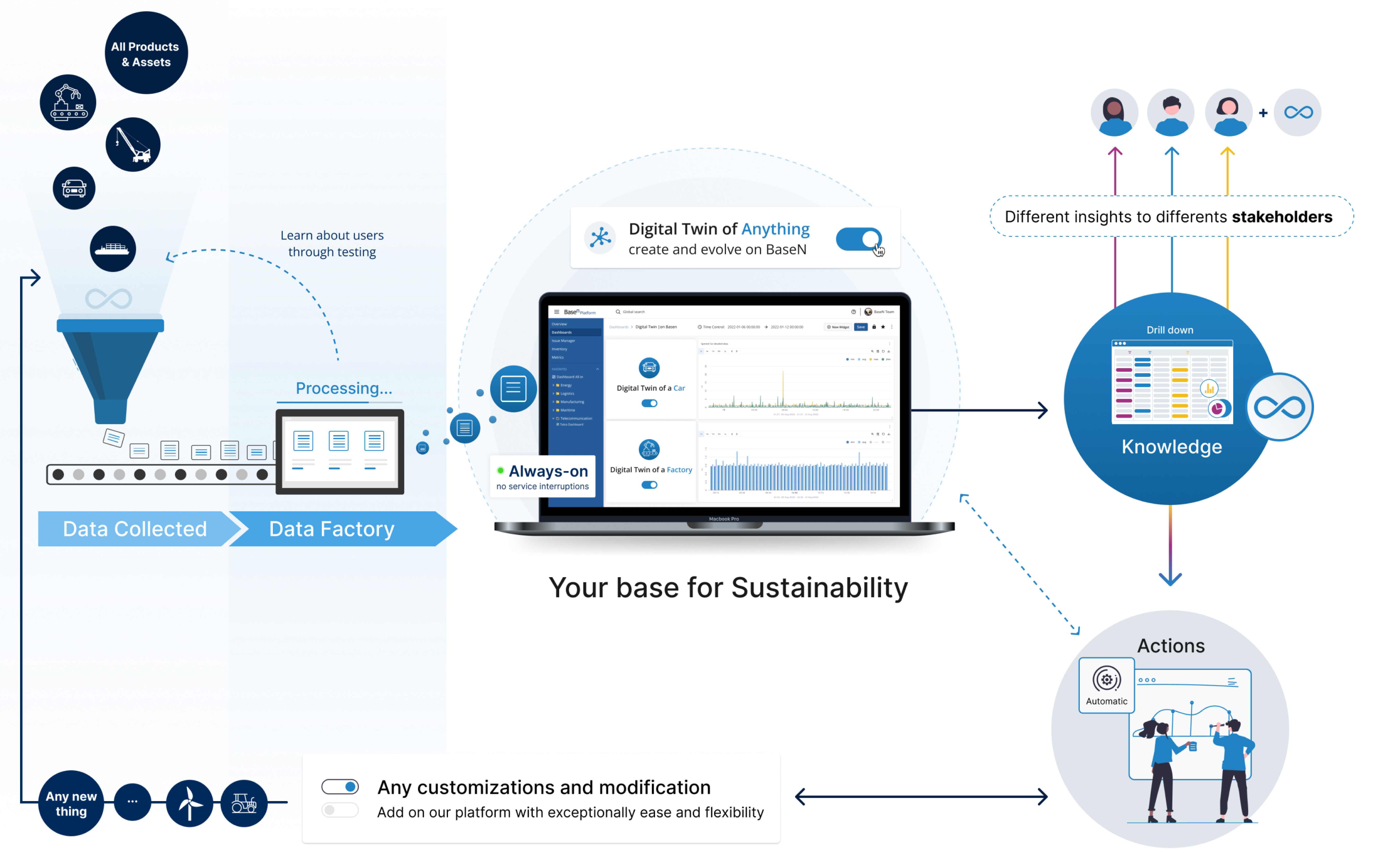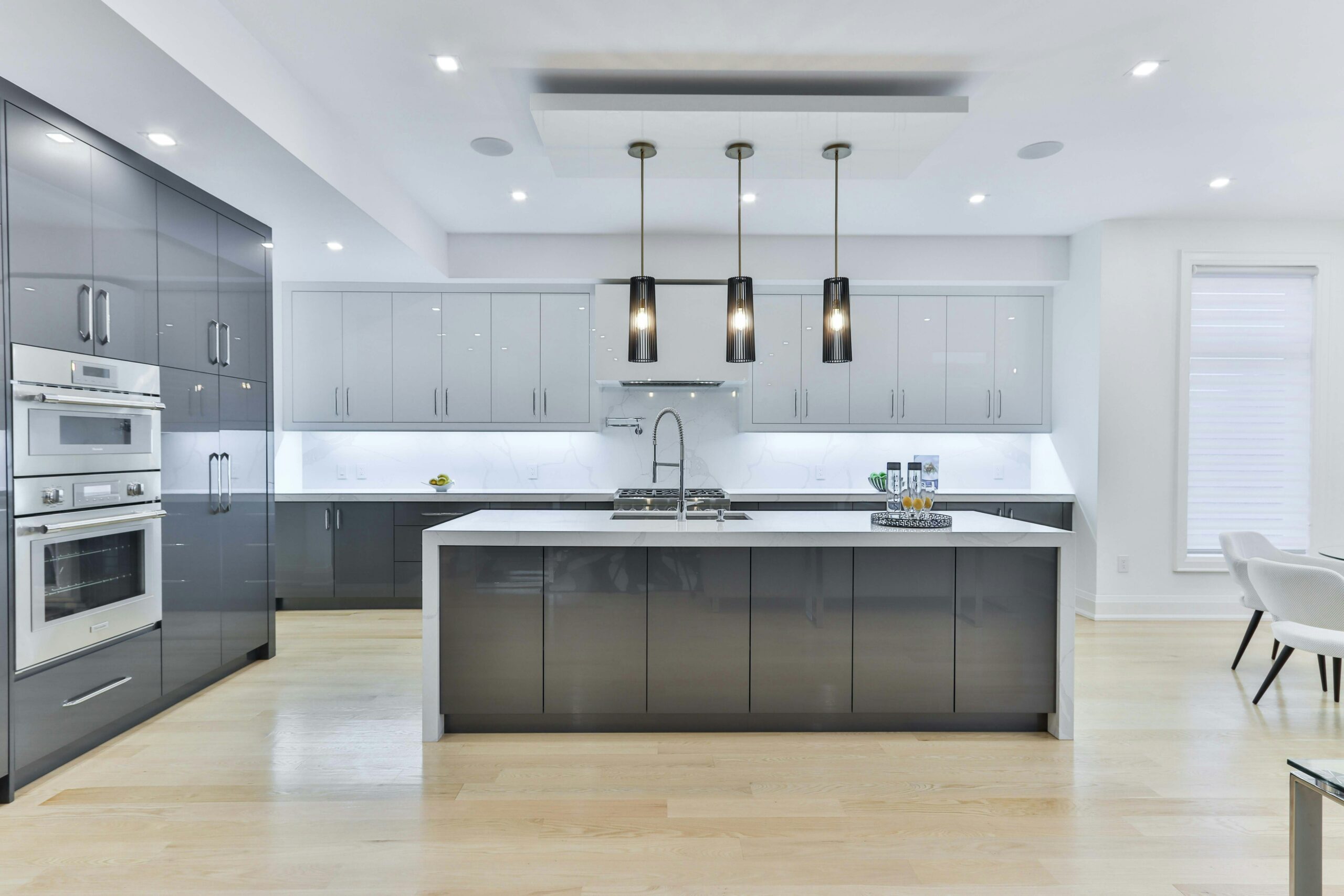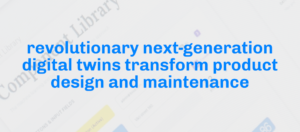The vision of homes that anticipate their inhabitants’ needs and adjust to their preferences and daily patterns has been long talked about. At the core of these homes are connected appliances and devices that can be controlled remotely or even autonomously.
These smart homes are not reality yet but we are moving into that direction.
We already have a wide range of smart appliances, including refrigerators, thermostats, washing machines, lighting systems, and even robot vacuums. These appliances can be controlled through smartphone apps, voice assistants like Alexa or Google Assistant, or even pre-programmed routines.
The reason why to strive for smart homes are convenience, improved energy efficiency, and increased security. But currently there are still issues to overcome within the smart home ecosystem. Data privacy, compatibility between appliances and devices from different brands, as well as potential security vulnerabilities are among them.
Enter digital twins, the virtual masters reshaping the future of smart homes. Digital Twins revolutionize how we interact with our appliances and create a truly seamless and intelligent living environment.
How exactly are digital twins the enabler of a successful smart home ecosystem?
By creating digital twins for each appliance, regardless of brand or manufacturer, harmonious communication and collaboration is achieved. Whether it’s a refrigerator from one brand, a thermostat from another, or a lighting system from yet another, digital twins provide a standardized interface that eliminate brand boundaries. Everything comes together in one platform managing and controlling all the digital twins, bringing the relevant insights to manufacturerers, inhabitants, maintanence companies and other stakeholders alike. Everyone will only see what is meant for them.
This not only alleviates the compatibility issues that plague traditional smart home setups but also paves the way for a more cohesive and interconnected ecosystem.
In addition to solving compatibility issues, digital twins twins continuously monitor appliance performance and analyze data to anticipate potential issues before they occur – this is called predictive maintenance.
By identifying patterns and trends in usage and performance data, digital twins can alert homeowners, appliance manufacturers and/or maintenance companies about maintenance needs, helping to prevent costly breakdowns and prolonging the lifespan of appliances. For appliance manufacturers the mass of this information will enable them to continuously and quickly improve their products, and to come up with additional value-adding services to strenghten the customer relationship.
Digital twins also enable personalized user experiences by capturing individual preferences and usage patterns. With insights coming from digital twins, smart homes can tailor settings and recommendations to suit the specific needs and preferences of each household member, creating a truly customized and intuitive living environment.
Another benefit of digital twins are invaluable data-driven insights into appliance usage, energy consumption, and overall home performance. By processing and analyzing data from multiple appliances, digital twins can uncover trends, identify opportunities for efficiency improvements, and empower homeowners to make informed decisions – e.g. optimizing their energy usage or suggesting appliance upgrades. In essence, digital twins not only ensure seamless compatibility between appliances but also unlock plenty of possibilities for optimizing performance, enhancing user experiences, and driving innovation in the smart home ecosystem.

With digital twins and platforms like BaseN, the true potential of smart appliances in the smart home can be unlocked – increased energy efficiency, convinience, security of the home and the gathered data.
Learn more about smart homes on BaseN: First of its Kind Energy Efficient Apartment Building




